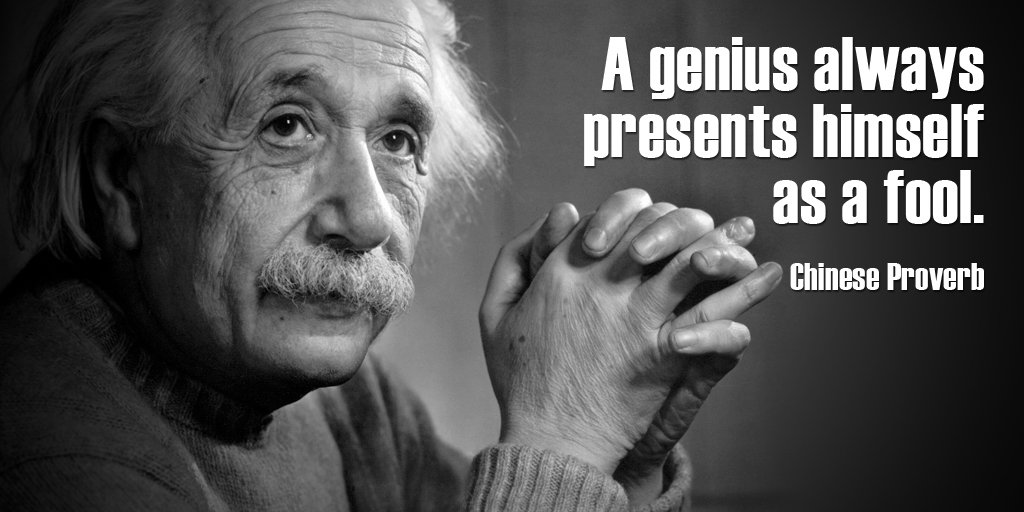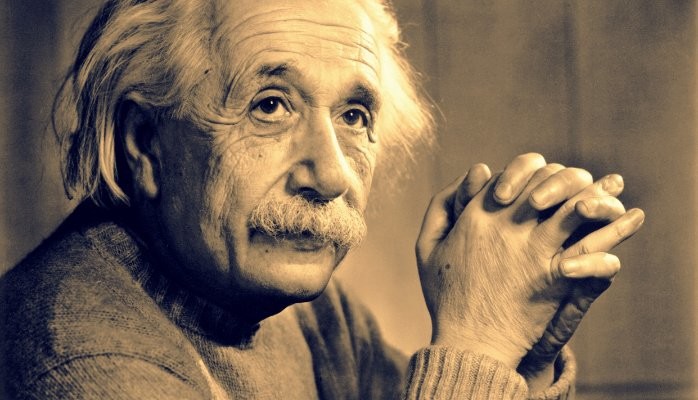Throughout history, we have celebrated geniuses whose innovations and ideas have reshaped our understanding of the world. The brilliance of these individuals often transcends their personal lives, but discussions surrounding the interplay of sexuality and intelligence have always intrigued scholars, artists, and the public alike. This article seeks to explore the concept of genius within the context of homosexuality and heterosexuality, examining whether one might possess traits that contribute to intellectual prowess over the other, recognizing that genius cannot be wholly defined by sexual orientation alone.In examining the lives of notable homosexual geniuses—such as Leonardo da Vinci, Virginia Woolf, and Alan Turing—we find that many faced societal prejudices and challenges that shaped their perspectives and outputs. Often, their outsider status fostered a unique outlook that enabled them to think differently from their heterosexual counterparts. This divergence can lead to innovative ideas or artistic expressions that contribute to their reputations as geniuses.
Conversely, heterosexual geniuses like Albert Einstein and Isaac Newton have left undeniable marks on the world with their profound contributions to science, mathematics, and philosophy. However, historical narratives frequently laude heterosexuality as the cultural norm, occasionally overshadowing the complexities and nuances of sexual identity that can, in some cases, enhance creative or intellectual output.One could argue that homosexual geniuses possess certain advantages that might contribute to a perception of being “slightly smarter.” Here are a few considerations:Homosexuality often comes with experiences of marginalization or alienation, propelling individuals to develop a deep sense of empathy and creativity. This ability to approach problems from various angles can result in innovative solutions or artistic expressions that heterosexual individuals may not conceive.Many homosexual geniuses have challenged societal norms and conventions in ways that heterosexual individuals, who may have benefited from societal acceptance, have not. This rebellion against societal expectations can lead to groundbreaking ideas, particularly in fields that require out-of-the-box thinking.Homosexuality has often led to rich collaborations within artistic communities that foster creativity.
The LGBTQ+ community has historically created safe spaces where expression thrives without fear of reprisal, promoting experimentation, and the exchange of radical ideas.While we can draw comparisons, it is essential to recognize the intersectionality of sexual orientation, race, socioeconomic status, and other factors that significantly influence a person’s experience and expression of genius. Smartness or genius cannot be packaged neatly into binaries of sexual orientation. Instead, each individual’s unique experiences shape their contributions in unpredictable ways.Moreover, defining intelligence itself is a complex undertaking. Psychometric tests often measure analytical reasoning but may overlook other intelligences such as emotional, creative, and social intelligence, which can manifest in various ways regardless of sexual orientation. It is not prudent to assert that one group is universally smarter than the other; rather, we should examine how unique life experiences contribute to the development of intelligence.In the pursuit of understanding genius through the lenses of sexual orientation, we encounter more questions than definitive answers. While we can acknowledge certain trends and experiences that may provide unique insights, it is ultimately misguided to categorize one group as inherently “smarter” than another. Genius exists in myriad forms, shaped by personal experiences, resilience, and the ability to challenge conventional wisdom. Whether homosexual or heterosexual, these extraordinary individuals remind us that intelligence knows no boundaries and flourishes best in a society that celebrates diversity and inclusiveness.



More Stories
A Heartfelt Tribute to Our Airline Pilots Global and Their Unwavering Commitment to Safe Journeys
The Highly Honorable John D. Rockefeller: A Visionary Philanthropist and Business Pioneer, And His Relationship With Bermuda
The Next Pandemic From A Looming Threat to Global Stability